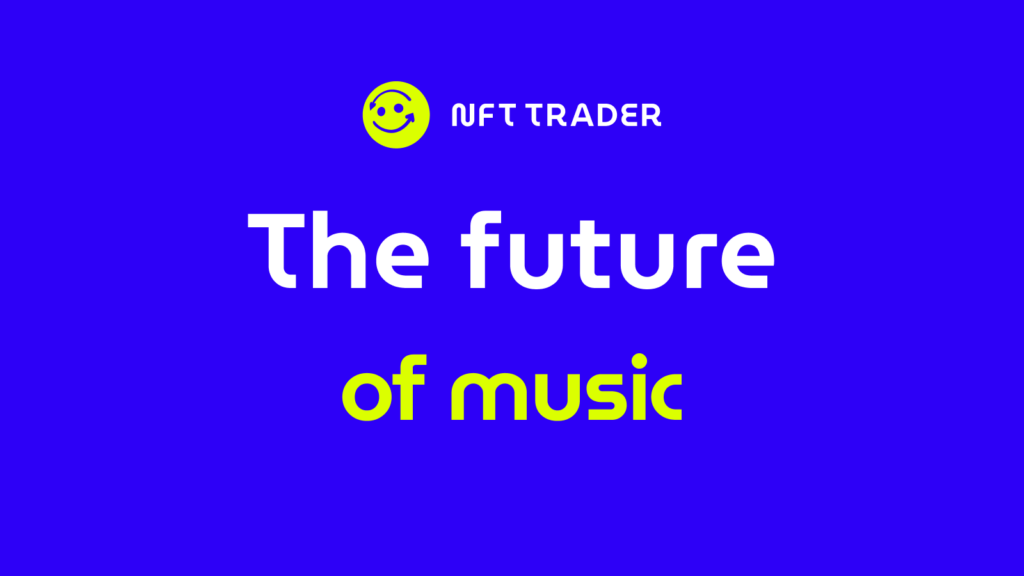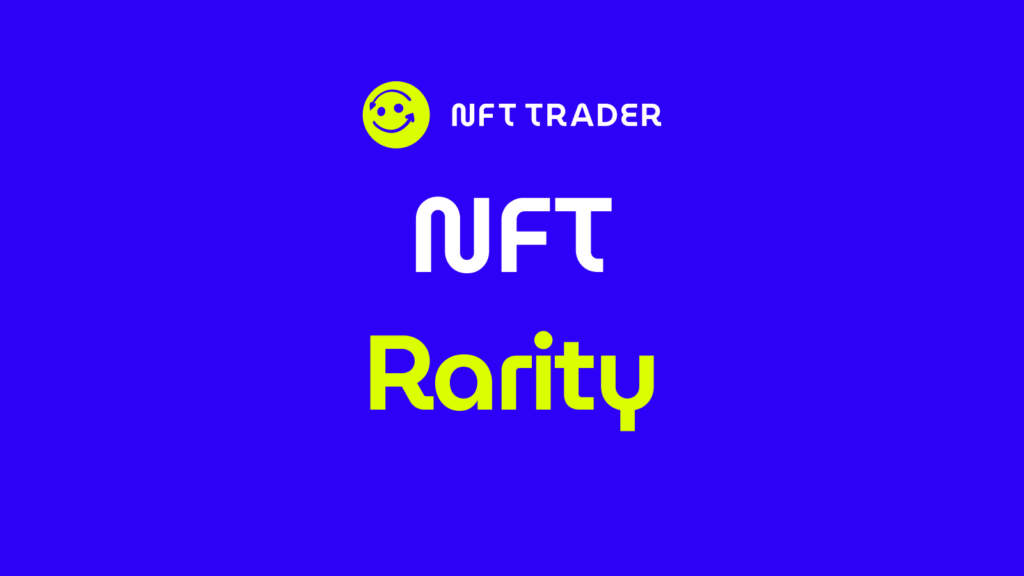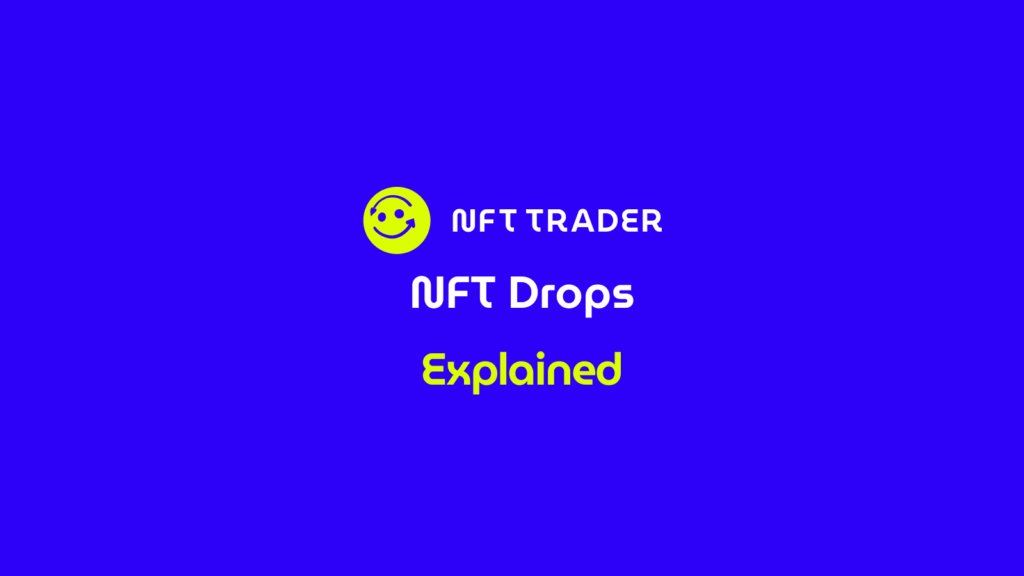The Future of Music: Understanding NFTs in the Music Industry

The music industry has undergone a remarkable transformation in the way music is distributed and consumed over the past few decades. From vinyl records to cassette tapes, CDs, digital downloads, and streaming platforms, the evolution of music distribution has continually adapted to technological advancements and changing consumer preferences. However, one of the most recent and potentially revolutionary developments in the industry is the integration of Non-Fungible Tokens (NFTs) into the music landscape. NFTs have the potential to reshape how artists and fans interact with music, offering a new dimension of ownership and authenticity in the digital age.
Summary:
- Evolution of music distribution
- The advent of NFTs in the music industry
- The significance of NFTs in reshaping the music industry landscape
- What are music NFTs?
- Benefits of music NFTs for artists
- Benefits of music NFTs for fans
- Examples of music NFT communities
- NFT Music Platforms
Evolution of music distribution
Music distribution has witnessed a seismic shift over the years. In the early 20th century, physical formats such as vinyl records and shellac discs dominated the market, making music a tangible commodity. With the advent of radio and later, television, music could be broadcast to millions, transforming artists into global sensations.
The cassette tape and the compact disc (CD) brought about further changes, with improved audio quality and portability. However, the most significant transformation came with the rise of the internet and digital technologies. MP3 downloads and peer-to-peer file sharing platforms like Napster disrupted the traditional music industry, leading to legal battles and the eventual emergence of online music stores and streaming services.
Streaming platforms like Spotify and Apple Music now dominate music distribution, offering subscribers access to vast catalogs of songs for a monthly fee. This shift to subscription-based streaming has drastically altered revenue models, with artists relying more on live performances and merchandise sales to sustain their careers.
The advent of NFTs in the music industry:
Non-Fungible Tokens (NFTs) have burst onto the scene as a groundbreaking technology that allows artists to tokenize and sell unique digital assets, including music and visual art, on blockchain platforms. NFTs provide a means of proving ownership and authenticity in the digital realm, which is particularly relevant to the music industry, where piracy and copyright issues have long been a concern.
With NFTs, musicians can tokenize their songs, albums, or even exclusive experiences, enabling them to retain control over their work and monetize it directly. Fans can purchase these NFTs, essentially owning a piece of the music and gaining exclusive access to special perks or content. This shift from traditional streaming models to NFT-based ownership has the potential to empower artists financially and strengthen their connection with their fanbase.
The significance of NFTs in reshaping the music industry landscape:
The adoption of NFTs in the music industry carries profound implications. Firstly, it addresses longstanding issues of fairness and transparency in revenue distribution. By leveraging blockchain technology, NFTs enable artists to receive a more significant share of the profits generated from their music, reducing the intermediary role of record labels and streaming platforms.
Secondly, NFTs enhance fan engagement and interaction. Fans can now invest in the music they love, obtaining unique digital collectibles tied to their favorite artists. This newfound sense of ownership fosters a deeper emotional connection and can lead to more direct artist-fan relationships.
Moreover, NFTs introduce novel opportunities for artists to experiment with their creativity. Musicians can explore innovative ways of packaging their music, from interactive album art to immersive virtual concerts and experiences, offering fans a multi-dimensional entertainment experience.
In conclusion, the integration of NFTs in the music industry represents a transformative shift in the way music is distributed, consumed, and valued. It offers artists newfound control, revenue potential, and creative freedom, while fans gain a deeper sense of connection and ownership over the music they cherish. As NFTs continue to evolve and gain momentum, they are poised to reshape the music industry landscape in ways that were once unimaginable, ushering in a new era of digital music ownership and engagement.
What are music NFTs?
The concept of tokenizing music as NFTs represents a paradigm shift in the digital realm by fundamentally altering how we perceive ownership and uniqueness in the music industry. With NFTs, artists can tokenize their music, effectively creating a digital certificate of authenticity and ownership that is secured on the blockchain. This ensures that each music NFT is one-of-a-kind, much like a physical collectible or limited edition vinyl record. This newfound uniqueness is a stark departure from the homogenized, easily replicable digital files that have defined music distribution in the past.
The potential of NFTs to disrupt traditional music industry revenue models and distribution methods is immense. Historically, artists have often struggled to secure their fair share of earnings due to the dominance of record labels and streaming platforms. NFTs offer a direct-to-fan model, enabling musicians to sell music NFTs directly to their audience. This cuts out intermediaries, allowing artists to retain a more significant portion of the revenue generated from their work. Furthermore, the resale of music NFTs in secondary markets can provide ongoing income streams for artists, ensuring that they benefit from the appreciation of their digital assets. In this way, NFTs have the potential to rebalance the financial equation for artists while offering fans a new, more intimate way to support and engage with the music they love.
Benefits of music NFTs for artists
The advantages of NFT music are multifaceted and have the potential to revolutionize the music industry. One key advantage is that artists can offer fan-only benefits through NFTs, creating a more personalized and exclusive connection with their audience. By tokenizing their music, artists can attach special perks, such as limited edition content, backstage passes, or virtual meet-and-greets, exclusively for NFT holders. This not only deepens the artist-fan relationship but also incentivizes fans to invest in the artist’s work, knowing they’ll receive unique rewards and experiences.
Additionally, NFTs enable artists to monetize their work directly, circumventing the traditional music industry structure that often involves record labels and streaming platforms taking a significant share of the revenue. With NFTs, artists can sell their music directly to fans, ensuring a more equitable distribution of earnings. This direct-to-fan model empowers artists to have greater control over their creative output and financial destiny, reducing their dependence on intermediaries. In essence, NFT music provides artists with newfound financial autonomy and creative freedom, offering a transformative alternative to the conventional music industry landscape.
Benefits of music NFTs for fans
The emergence of NFTs in the music industry has bestowed upon music fans a newfound and transformative role – that of investors in their favorite artists. Beyond being passionate supporters, fans can now directly invest in artists’ careers in an even more direct way than crowdfunding or traditional methods. By purchasing music NFTs, fans not only obtain unique digital collectibles but also acquire a stake in the artist’s success. Some music NFTs come with revenue-sharing features, allowing fans to earn royalties based on the music’s performance. This dynamic shift in the fan-artist relationship blurs the lines between creator and audience, creating a more symbiotic and financially intertwined connection. It empowers fans to actively participate in the success of the artists they love while artists benefit from the unwavering support and financial backing of their most dedicated supporters. This evolving role of fans as investors has the potential to reshape the music industry’s dynamics, fostering a more collaborative and mutually beneficial ecosystem.
Examples of music NFT communities
Several prominent artists have embraced NFTs to engage with their audience in innovative and modern ways. For instance, American musician and producer 3LAU sold an album as an NFT, allowing buyers to have creative input in the final production, thereby making them active collaborators in the music-making process. Similarly, electronic artist Deadmau5 released a limited edition NFT collection, which included unreleased music, virtual concert experiences, and even the opportunity to collaborate on a custom audiovisual show. This approach not only deepened the fan-artist connection but also showcased the versatility of NFTs in offering unique, multimedia experiences.
In another example, Kings of Leon became the first major band to release an album as an NFT, granting fans access to exclusive audiovisual art and live show perks. Additionally, British musician Imogen Heap has utilized NFTs to promote environmentally sustainable practices within the music industry by tokenizing her music and planting trees as a reward for NFT purchasers, emphasizing the positive impact that blockchain technology can have on both art and the environment.
These examples illustrate how artists are leveraging NFTs to engage with their audience in fresh and multifaceted ways, offering fans unique experiences and a deeper sense of participation in the creative process. NFTs are enabling artists to explore new horizons in their relationship with their audience, ultimately reshaping the traditional boundaries of the music industry.
NFT Music Platforms
Platforms for Musicians to Mint and Sell Music NFTs:
- Rarible: Allows artists to create and sell NFTs, including music, art, and collectibles.
- Mintable: Offers an easy-to-use platform for minting and selling NFTs, including music.
- OpenSea: A popular NFT marketplace where musicians can mint and list their music NFTs for sale.
- Foundation: Known for its social aspect, artists can auction their music NFTs and engage with fans.
- Zora: Focused on music and audio NFTs, offering a decentralized marketplace for creators.
How to Buy Music NFTs:
- Create a Digital Wallet: Start by setting up a digital wallet that supports the blockchain on which the NFT was minted (e.g., Ethereum for most music NFTs).
- Fund Your Wallet: Add cryptocurrency (usually Ether) to your wallet to make purchases.
- Browse NFT Marketplaces: Visit NFT marketplaces like OpenSea, Rarible, or Mintable, and search for music NFTs.
- Place a Bid or Buy: Choose the music NFT you want and either place a bid or buy it outright, depending on the platform’s options.
- Confirm the Transaction: Complete the purchase by confirming the transaction from your digital wallet.
How to Sell Music NFTs:
- Mint Your NFT: Use an NFT platform like Rarible, Mintable, or OpenSea to mint your music as an NFT, which creates a unique token on the blockchain.
- Set Your Price: Determine the price or starting bid for your music NFT and any additional terms or royalties.
- List on an NFT Marketplace: Upload your music NFT to an NFT marketplace like OpenSea or Foundation, where potential buyers can discover it.
- Promote Your NFT: Market your music NFT through social media, your website, or collaborations with other artists.
- Complete the Sale: Once a buyer purchases your music NFT, the smart contract handles the transfer of ownership and payment directly to your digital wallet.
Please note that the specific steps and platforms may vary slightly depending on the blockchain and marketplace you choose to use.



